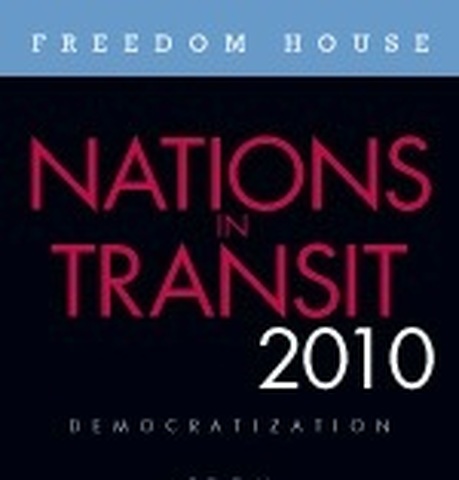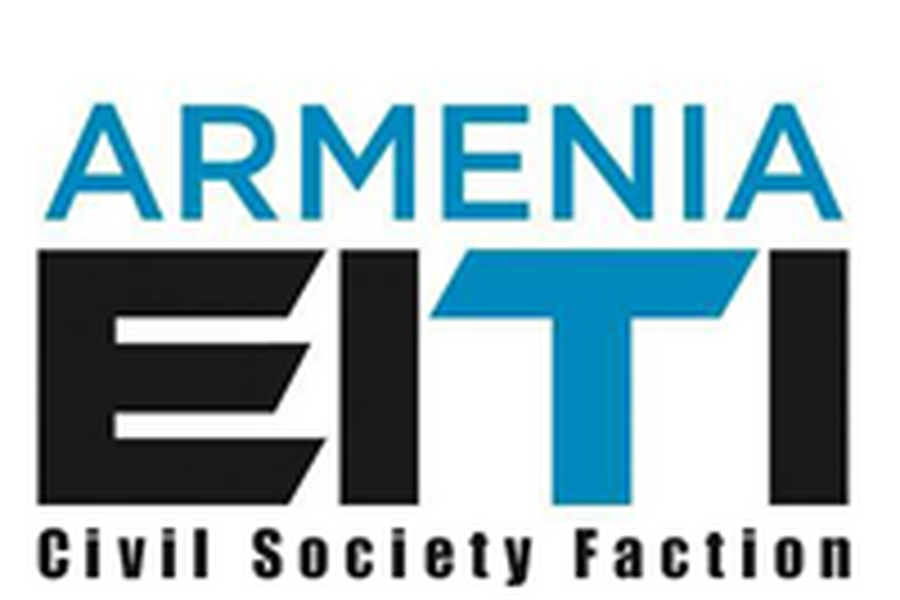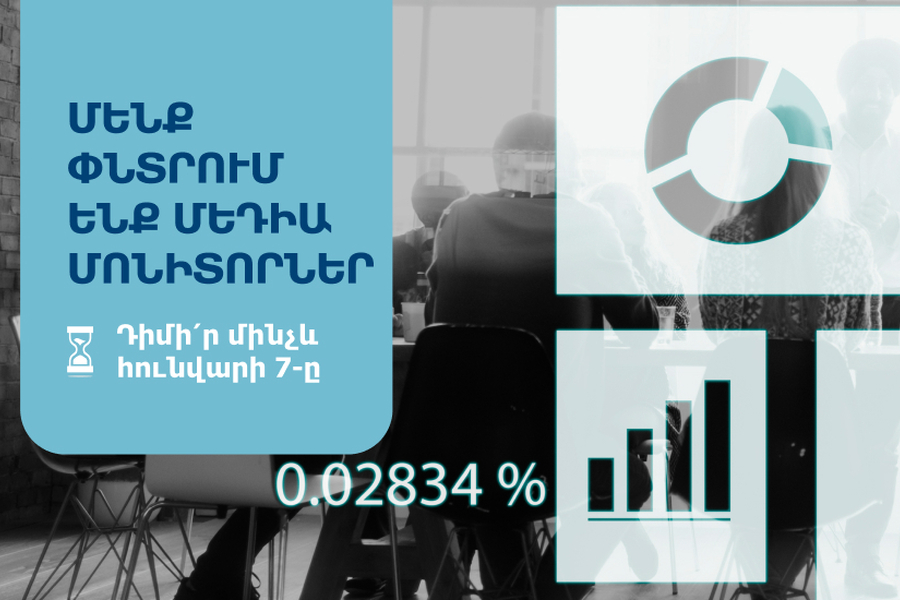Corruption still remains a major deterrent to the Armenia's democratic development
Released on June 29, 2010 by Freedom House, Nations in Transit 2010 studied democratic development in 29 countries from Central Europe to Eurasia. Armenia with a score of 5.39 is a semi-consolidated authoritarian regime. It fails to meet even the minimum standards of electoral democracy and efforts to combat widespread corruption are usually politically motivated.
Corruption still remains a major deterrent to the country's democratic development. Based on a new anticorruption strategy for 2009-12, the government continued its campaign against corruption combining legislative measures and the reform of public services. Although the government anticorruption campaign has revealed abuses at various levels in the public administration, it failed to reach senior officials and major businesspeople who were not adequately punished.
According to Transparency International Anti-corruption Center (TIAC) Chairwoman Amalia Kostanyan, the strategy has many flaws, most importantly, too little emphasis on exposing political corruption. In its comments TIAC noted that the strategy placed too much focus on the code of conduct for parliamentarians and not enough on the conduct of free and fair elections, or efforts to abolish the merger of politics and economics and abuse of administrative, financial, and information resources. Kostanyan identified the main cause of corruption in the country as the oligarchic concentration of political and economic interests in the hands of bureaucrats.
The democracy score is an average of ratings for the national democratic governance, electoral process, civil society, independent media, local democratic governance, judicial framework and independence and corruption categories tracked in a given year. The ratings are based on a scale of 1 to 7, with 1 representing the highest level of democratic progress and 7 the lowest.
For full information see Nations in Transit 2010 Report on Armenia






